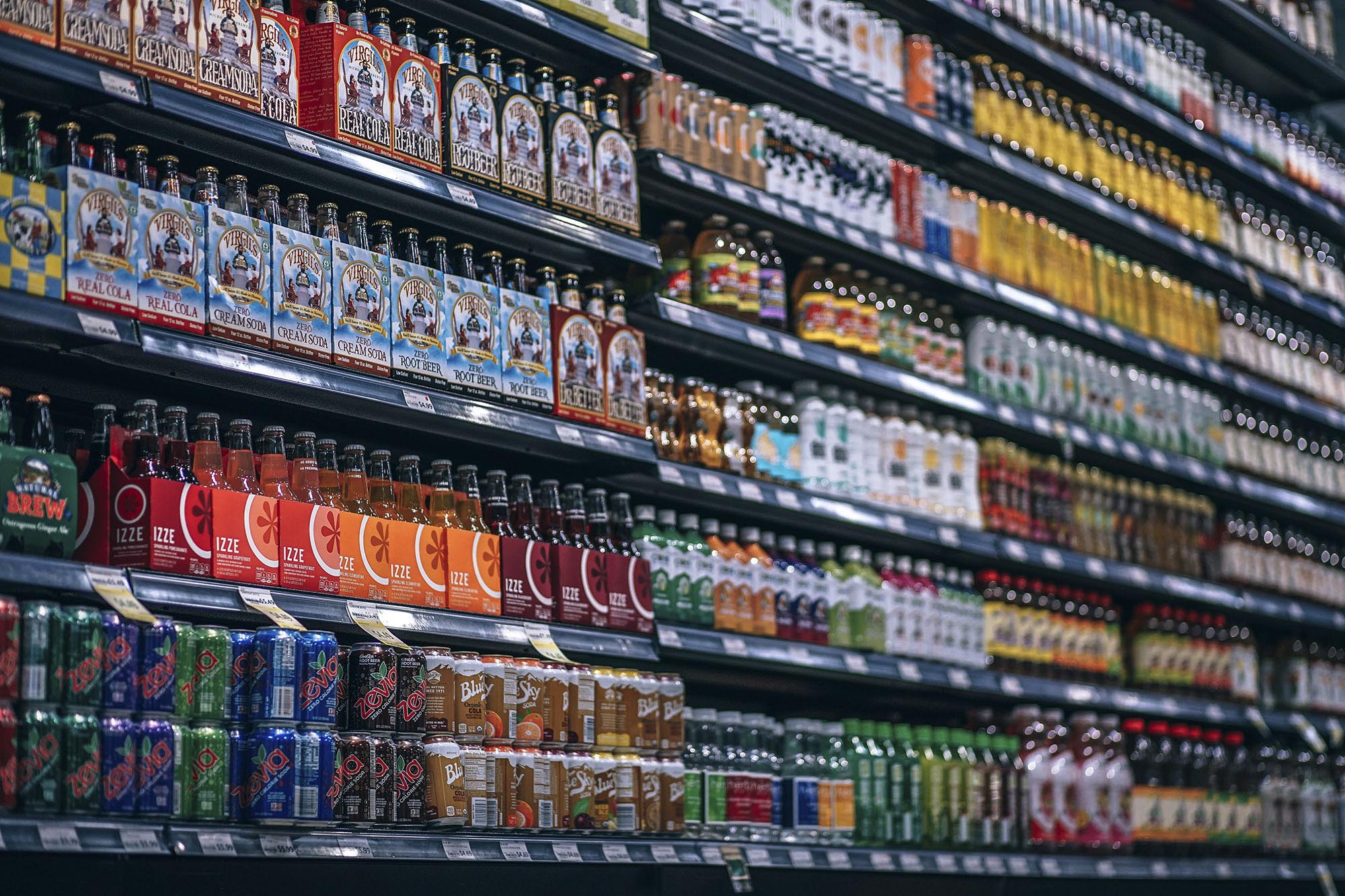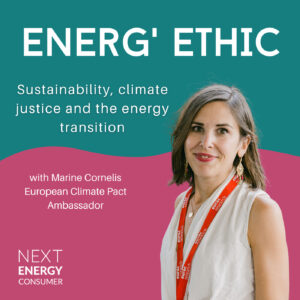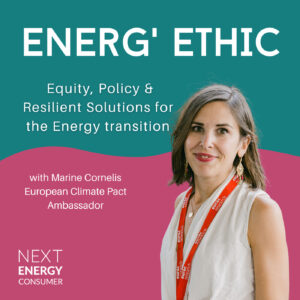More responsible consumption, consumers armed against greenwashing in all sectors: the van der Leyen Commission does not lack ambition for the years to come.
The EU has one of the most comprehensive consumer policies in the world. Since 1992, promoting the health, interests and safety of European citizens in all aspects of the economy is part of the EU competencies. It covers areas such as competition, passenger rights, food safety or financial services. However, the last integrated “consumer agenda” was presented in 2012, and the subsequent consumer programme was adopted in 2014 and was to run until 2020. Many changes happened since 2014, therefore, this programme needed thorough updating. The Consumer organisation BEUC pointed out that a consumer agenda is “essential to ensure consumer interests are systematically integrated into all relevant policies adopted at EU level”.
The new consumer agenda will address the issues linked to the climate crisis, business changes due to disruptive digital technologies and the transformations in financial services. The European Commission will be focusing on sustainability, trust and empowerment in particular in the digital and financial world. The EC is acknowledging that people need to be fully involved in more virtuous consumption patterns to reach the Paris Agreement on Climate change and reach carbon neutrality. “Consumers will be a key driving force in this green and digital transition”, said the EC at the 2020 Consumer Summit. Overall, this agenda implies that consumer rights to sustainability should no longer be an afterthought, but a basis to build on other policies.
For instance, it is urgent to ban ‘greenwashing’. We should be absolutely sure that what we are buying is as eco-friendly as what the packaging says and that we are making the right choices in accordance with our values. Clarifying the rules on the “green framework” is necessary. It applies to all sectors, including the financial: consumers should know how they invest their money, which financial products are doing good for the people and the planet.
Besides, in the financial sector, 43 per cent of consumers still feel vulnerable, said Commissioner Didier Reynders during the 2020 Consumer Summit. Financial services must become more inclusive, and least digitalised people should still have access and be empowered, have more literacy and get simple information. Debt advice should also become widely available. This form of vulnerability has to be addressed at EU level, and Member states should be fully committed to enforcing measures to address it.
Better enforcement and international cooperation are urgent, in particular, in the digital sector. Liability of artificial intelligence actors will be a hot topic in 2020: the EC has announced a strategy to be presented on 19 February 2020. Privacy is – and will remain – an important matter. AI is a fantastic tool to increase effectiveness, but consumer protection and safety by design are fundamental. Adapting and enforcing the existing rules on consumer protection to the digital environment is necessary, and the EC has the intention to involve directly online platforms, such as Amazon, in this process. Overall, the EC acknowledges that Europe should address the gap between what is happening in the real-life and what legal frameworks plan and expect, and also foster the safety of products imported from third countries.
Making sustainable choices should be the easiest option. For instance, the EU wants guarantees to enable a ‘right to repair‘ products at an affordable cost to overcome ‘planned obsolescence’. Participants of the 2020 Consumer Summit also underlined that consumer rights should also apply to refurbished products, to provide guarantees and develop a sense of trusts among users. It makes complete sense with the integrated ‘circular economy’ strategy which should help cut residual waste. A leaked document EurActiv saw earlier this month on the new circular economy plan also said the Commission would focus on “upstream measures” such as “minimum requirements that prevent unsustainable products from being allowed on EU markets.” “By 2030, only safer, circular, and sustainable products should be placed on the EU market.”
The EC agrees that people are ready to be green, but they need the right tools to make the right choices. Empowering teachers is a great way to have school children and their parents on board, but so is lifelong education and digital tools such as apps. Involving young people with social media and bottom-up approaches seems to be the way forward Social media could play a key role: maybe it is time for the EU to use ‘green influencers’ to disseminate information on how to reduce our carbon footprint and make more sustainable choices?
However, to be genuinely sustainable and build societies resilient to climate change, interdisciplinarity and looking out of the “environment” criteria is fundamental. Sustainability is not only about eco-friendly purchases, but it is also and mostly about making them fair and building a more inclusive society, in Europe and the rest of the world.




One Response